Why “Genitals”?
I love to hear from readers of my books, whether they’re expressing delight in what they’ve read, or questioning some aspect of what they’ve read.
In 2019, a reader who liked The Bare Naked Book (the 1986 version) expressed disappointment with the inaccuracy of the “penis” and “vagina” spread. — “Our identity does not always match our sexual organs and I wish this book reflected that. I would also like to see intersex added as 10% of the population falls into that category and wouldn’t be able to relate to having either a penis or a vulva.” Her email led to the 2021 update.
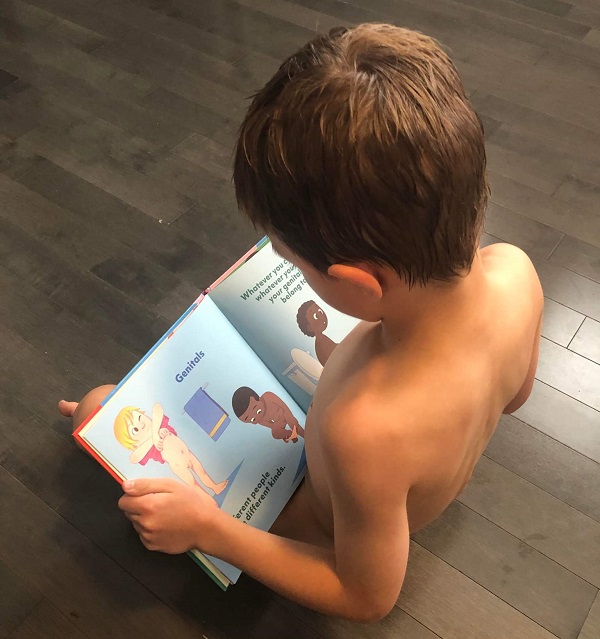
I recently received an email from a reader of the updated version who questioned, as had at least one reviewer, why we used the word “genitals” in the book instead of being more specific. She and her kids added a few of their own words to the page, she told me.
I assured her this was actually something we hoped would happen, that the word choice wasn’t made casually, that dozens of emails were exchanged, among me, the editors at Annick Press, and an expert in matters of gender and sexuality. The challenge? How to make the words we used on this spread accurate, keep the writing tight, maintain a musicality and matter-of-factness in the language in keeping with the rest of the book, and — the whole point of the update — be as inclusive as possible!
Early on in the process I tried out “private parts” which could apply to everyone and which many families still use. But while the intention was to indicate “they’re yours to decide who can see or touch them,” something it seemed important to mention, there was too great a risk that the words could be interpreted as “these parts are private because they’re shameful.”
To be inclusive of intersex readers and to separate anatomy from gender identity, I tried, “Some people have a penis. Some people have a vulva. Some people have a bit of both.” But what question to ask for the “Where is your…?” part of the page? (“Where is your penis or vulva or bit of both — or neither?”?) And given that in different communities, cultures, and families, words other than, but no less correct than penis and vulva are used, would we, with this word choice, be less inclusive than we were aiming to be?
Rather than weighing the text down with lots of words that apply to genitals and still risk leaving someone out, or confusing people in early stages of learning about the many variations of human anatomy and the separate matter of gender identity, we decided on “genitals.” Simple, accurate, matter-of-fact, and inclusive, it would serve as an invitation to readers to talk about the other words they use when referring to genitals. We’d let the book’s illustrations invite them to delve into concepts like intersex and transgender at whatever level felt right for them.
So, where did we land?
Genitals.
Different people have different kinds.
Whatever you call
whatever you have,
your genitals
belong to you.
Where are your genitals?
Of course, all body parts belong to the person they’re attached to, but it was felt that the idea of personal agency was most important on this spread.
Well beyond this spread, updated words by me and new illustrations by Melissa Cho have helped ensure that a wider range of readers will now find themselves between the pages of The Bare Naked Book. Reviews have been fantastic, even from the parent who wrote me recently about her concerns. (We’ve had a great discussion.)
So much interest in celebrating the wonderful human body in all its variations! Please, if you are celebrating holidays at this time of year, do remember to be kind to it, perhaps by finding some quiet moments to curl up with a good book.
Happy reading! Happy New Year!
photo provided by the parents and used with their permission
Share this post:
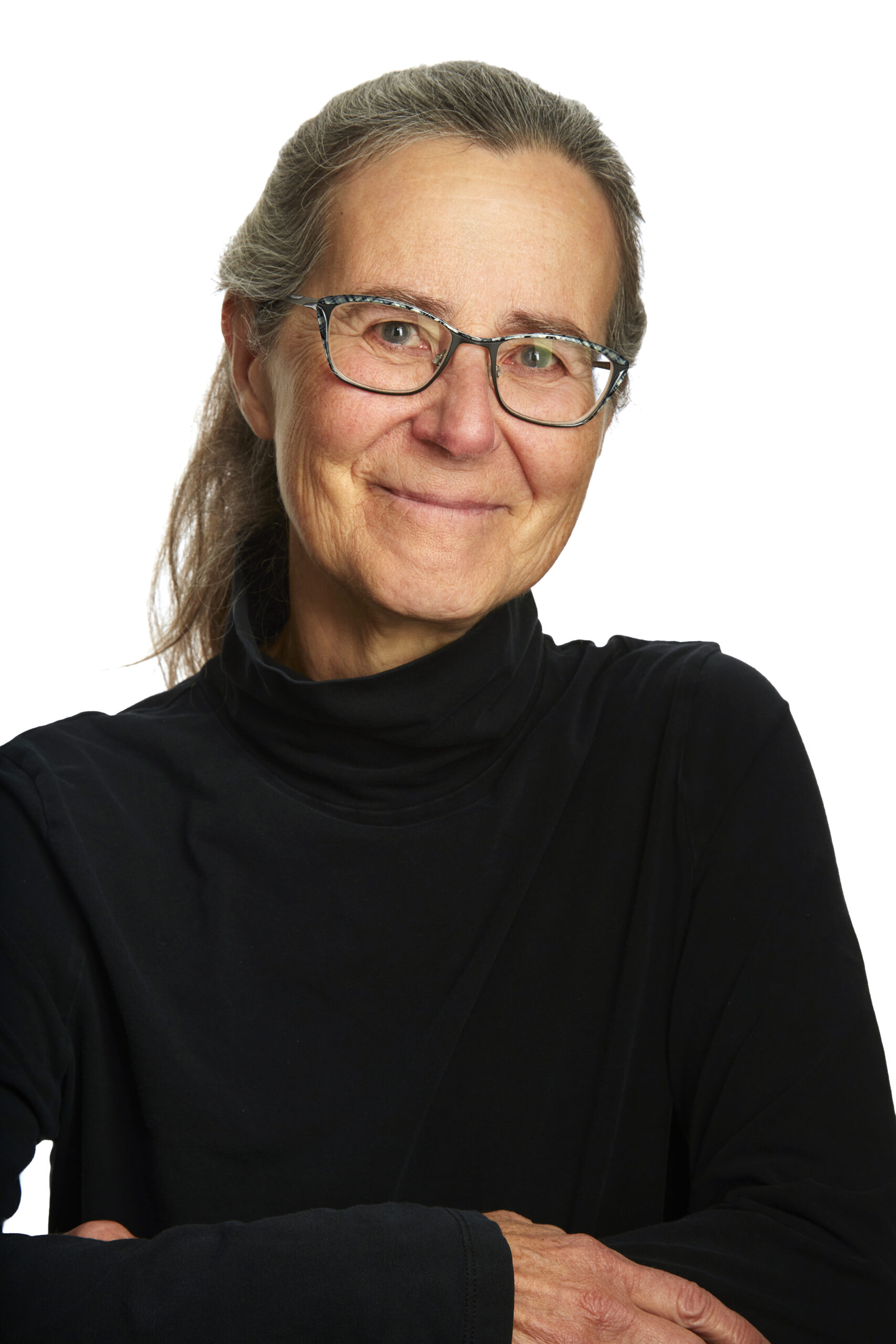
Kathy Stinson is the author of the classic Red Is Best, the award-winning The Man with the Violin, and the GG shortlisted The Rock and the Butterfly. Her wide range of titles includes picture books, fiction, non-fiction, and poetry. She has enjoyed the privilege of meeting with her readers in every province and territory of Canada, in the United States, Britain, Liberia, and Korea. Currently president of CANSCAIP (the Canadian Society of Authors, Illustrators, and Performers), Kathy lives in a small town in southern Ontario.
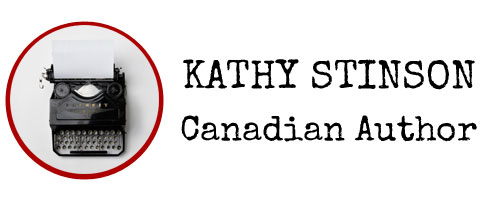
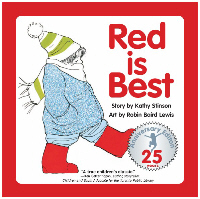
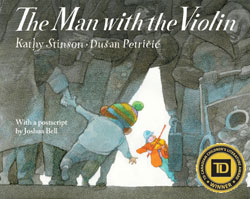
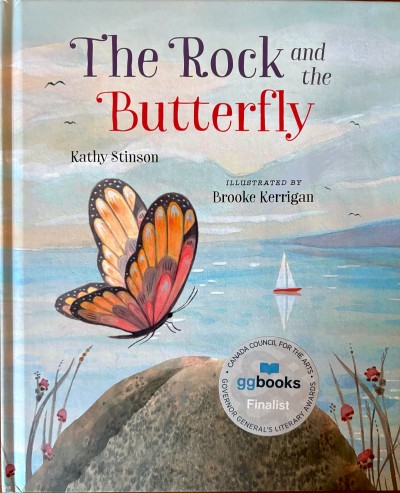
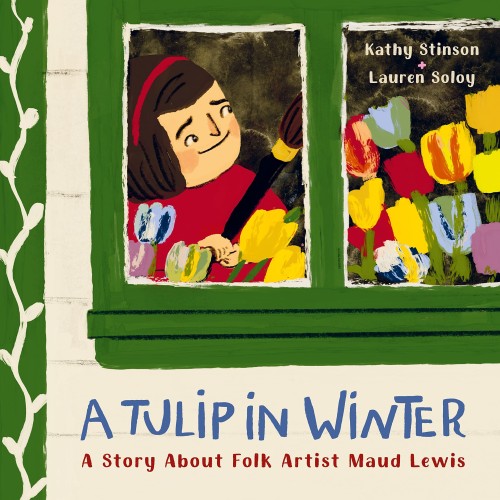
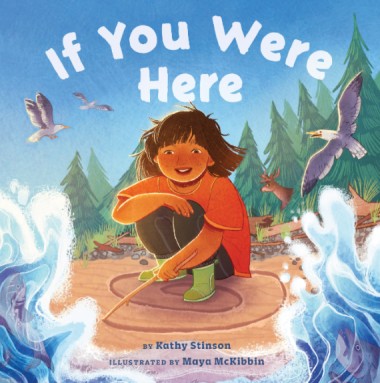
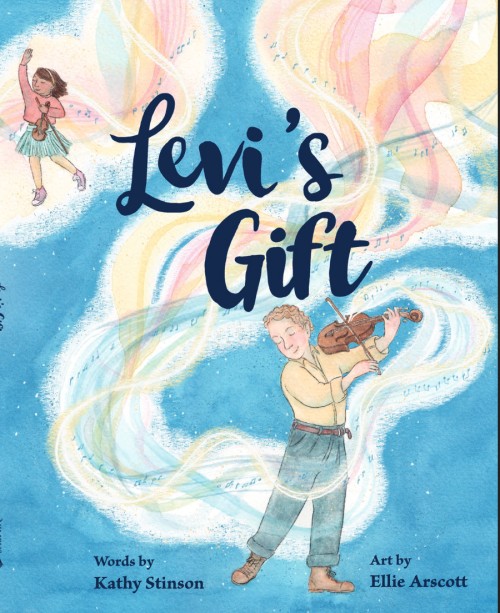
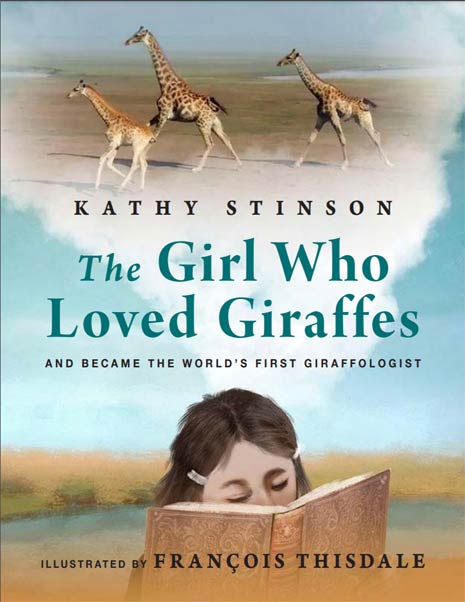
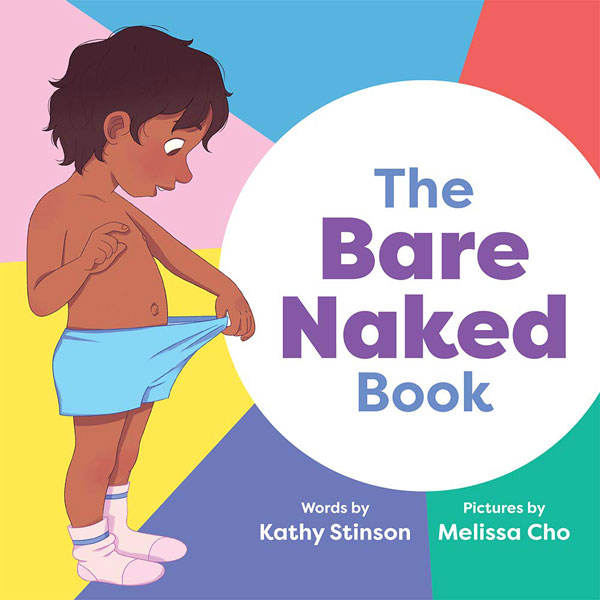
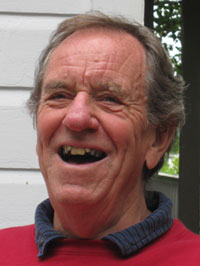
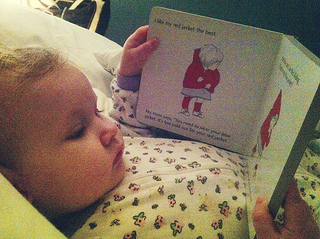

Kathy thank you for starting so many important conversations. You make our families stronger!
Ingrid, thank you for your kind words! Conversations with you are always important! 🙂
You do such wonderful work and I applaud all of it. Life was much simpler in the times I grew up in the 40’s.
Thank you, Wendy. Those were simpler times for some, for sure. And for others much more complicated.